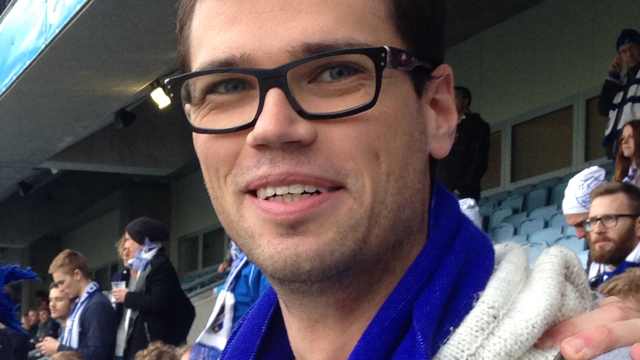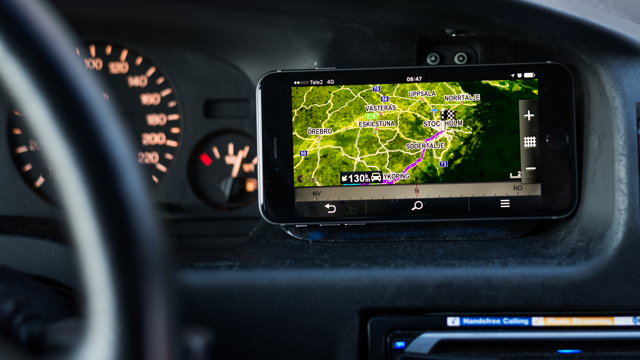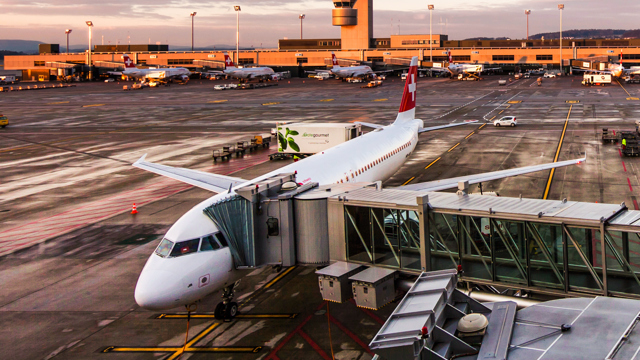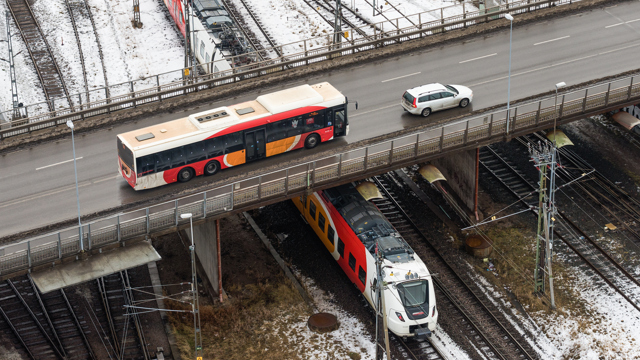Well-designed transport and logistics systems are fundamental to individual mobility, commerce, welfare and economic growth. With ever-increasing volumes of traffic and goods, future transport systems face a huge challenge: How to balance the need for speedy, efficient and sustainable transport with the negative impacts of congestion, pollution and fatalities? The answer lies in a tighter integration of telecommunications and information technology. Autonomous driving is already a reality, and the electrification of roads has begun. Vehicles are connected to each other and to the infrastructure in smart cities, enabling the collection of all sorts of data for analysis and management of movements of people and goods.
Traffic and Logistics
Through a multi-disciplinary approach, you will acquire engineering and managerial skills to understand, develop and control future transport and logistics systems. You will use optimisation and simulation tools and study mobile communication, positioning systems, road safety, and project management.
For the second and third semester you may specialise towards Traffic or Logistics:
- Traffic
The analysis of travel patterns and traffic flows in order to design well-functioning traffic systems using computer-based models. - Logistics
Supply chain planning and modelling. How the flow of products, services and information between producers and customers can be optimised to satisfy supply and demand in the most efficient way possible.
You may also pick and mix courses from both areas, or add courses in Smart Cities or Internet of Things. The final semester is dedicated to your thesis which is usually written in close collaboration with a company, city, or government body.
Frontline research
You need strong skills in mathematics and an analytical mind – programming experience is a distinct advantage. You will carry out group-based lab practicals and project work. Many courses are continuously assessed through hand-in assignments and reports. Oral and written communication is an integral part of the programme, to prepare students for international management positions.
Linköping University boasts one of the largest transportation engineering research groups in Sweden. Several research areas are directly related to the content of the programme.











